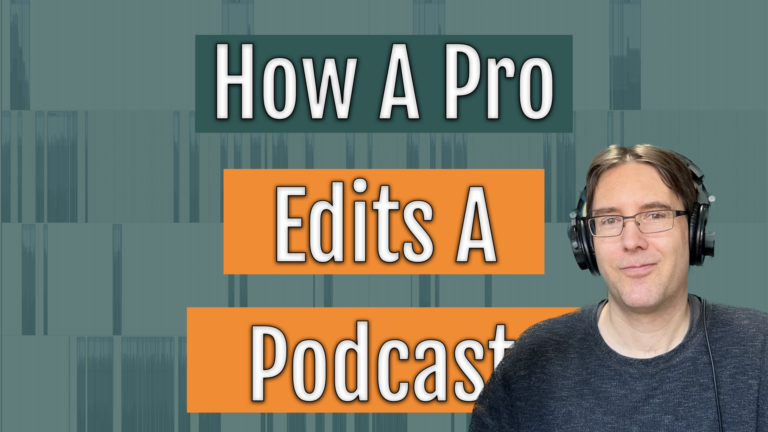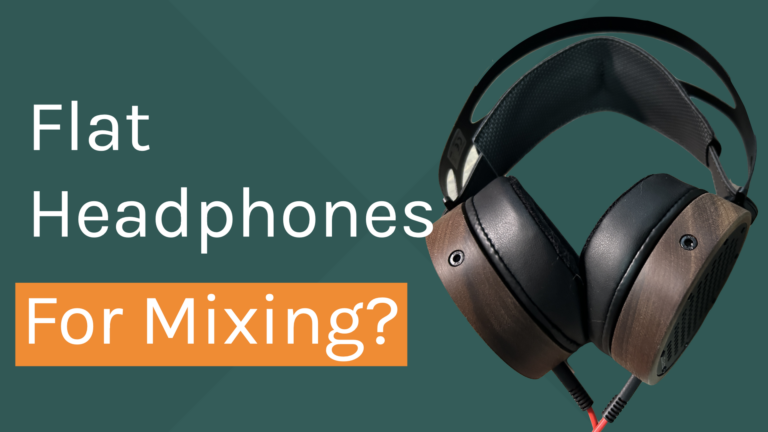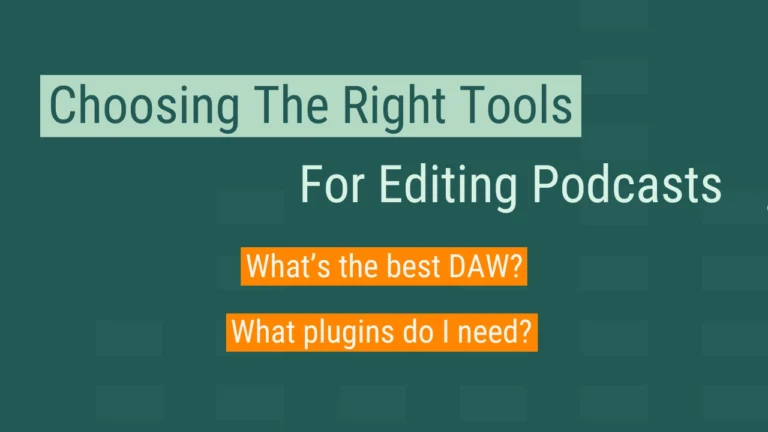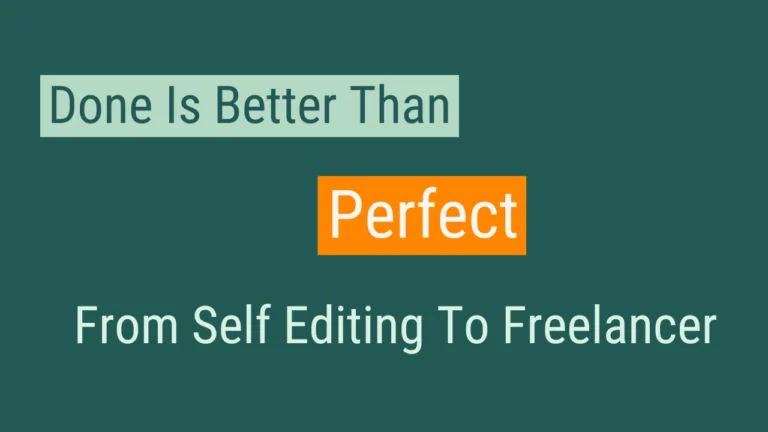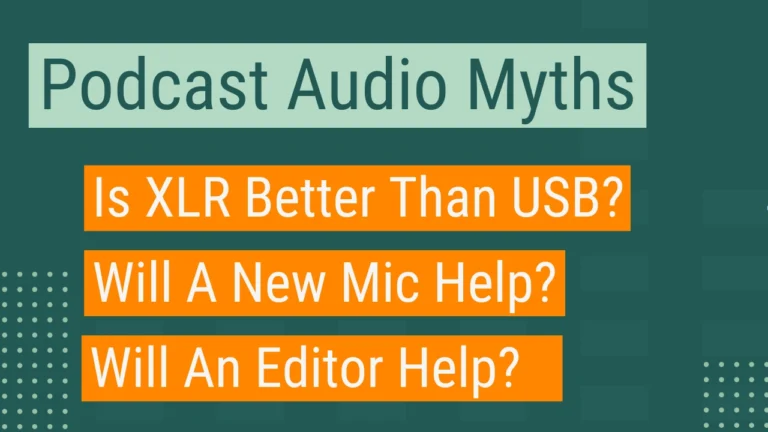In the ever-evolving landscape of content creation, podcast editors face a significant shift as AI tools transform traditional workflows. During a recent Shop Talk for Content Creators livestream, Matthew Bliss and I explored how AI is reshaping podcast editing while discussing the importance of maintaining professional standards.
The AI Revolution in Podcast Editing
AI editing tools have democratized podcast production, allowing newcomers to enter the field with minimal technical knowledge. Tools like Descript, Riverside, and other text-based editing platforms make it easier for anyone to offer editing services. While this opens doors for many, it creates new challenges for established professionals.
“There’s a lot of downward pressure on podcast editing rates,” I explained during our discussion. “Despite what others in the industry want us to believe, the people paying $225 an episode – there’s not a lot of them.”
Matthew agreed, noting how this shift requires editors to evolve: “The people that separate themselves are the ones who specialize and seek to hyperfocus on things to improve and offer an even better service over time.”
Beyond Basic Editing: The Value of Experience
The conversation highlighted how professional editors bring more than technical skills to the table:
- Strategic thinking: Understanding client analytics and making data-driven recommendations
- Adaptability: Adjusting to changing requirements based on client needs
- Decision-making speed: The ability to quickly determine what needs editing and what doesn’t
“Being able to make those decisions on the fly – okay, that’s not worth editing out, so you just play through and don’t even pause – that decision-making is probably one of the things that has sped up my efficiency more than anything else,” I shared.
AI Tools: Powerful but Not Perfect
We discussed how tools like Descript can handle basic editing but often create new problems that require human intervention.
“Descript is not good. It can’t make decisions,” I explained. “You tell it to cut out your filler words and then you have all of these bad cuts. I spend more time trying to fix all of the bad edits than it would take for me to edit everything manually.”
Matthew added his perspective on premium AI tools like Accentize dxRevive Pro: “It’s an incredibly powerful tool and yet it means that you need to know less about how to improve the audio and more just about listening to it, knowing what sounds good.”
Separating Yourself from Your Work
A critical mindset shift for podcast editors is learning to separate themselves from their work – understanding they’re providing a service rather than creating personal art.
“If you do graphic design for a client, if you build websites for a client, you learn really quickly to separate yourself from the work,” I noted. “You’re being paid to provide a service, and that service is to create what the client wants.” It doesn’t matter if it looks good, if it sounds good, as long as the client is happy with the results.”
The Future of Podcast Editing
As competition increases and AI continues to advance, podcast editors need to focus on providing value beyond what automation can offer:
- Building deeper client relationships that understand their specific needs
- Offering strategic input on content improvement
- Creating efficient workflows that balance AI assistance with human expertise
- Developing knowledge repositories for clients to repurpose content
I shared my current focus: “I’m working on figuring out how to build basically a knowledge base of all your content so that you can repurpose it in your own voice for whatever you need, whether it’s newsletters or creating social media content.”
Final Thoughts
The podcast editing landscape is changing rapidly, but human expertise remains irreplaceable. AI tools are most powerful when guided by experienced professionals who understand both the technical and creative aspects of content creation.
As Matthew aptly summarized, “AI is just a tool. If we rely on it 100% of the time to do what we can’t do ourselves, we’re reliant on it. The best results are going to come from using both.”
For editors and content creators navigating this changing landscape, the key is to embrace AI as a partner rather than seeing it as a threat, while continuously developing the skills that technology can’t replicate.
Check out Matthew Bliss at MBPod.com.

